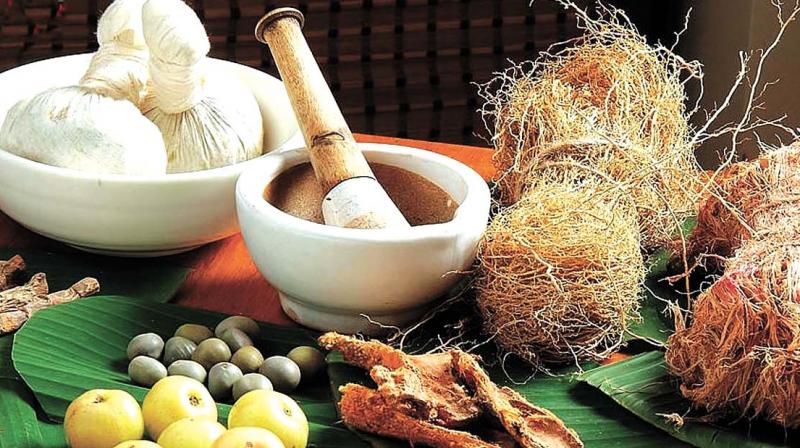Nature's treasure: Protect traditional knowledge

Thiruvananthapuram: How to protect the traditional knowledge of a community or a region has been a long-debated topic on which there has been no consensus. The centre and the state have been reluctant to enact a law in this regard, but experts say that traditional knowledge should remain with the state. If traditional knowledge remains in the domains of individuals, community or trusts, commercial interests may exploit it, they say. Traditional knowledge refers to the systems, practices and innovations of indigenous and local communities gained through centuries of experience and adapted to the local culture and environment.
Mr R.S. Praveen Raj, senior scientist, CSIR-National Institute of Interdisciplinary Science and Technology (NIIST), told Deccan Chronicle that any attempt to codify community-held traditional knowledge (TK) in the form of Traditional Knowledge Digital Libraries (TKDL) would be a gross injustice to those communities. Sharing the knowledge with patent offices would affect the livelihood of traditional knowledge practitioners. “At the same time, we should be careful in creating ‘registrable’ rights on TK, including traditional medicine practices, and classifying TK under the Intellectual Property Rights, which are exclusive rights operating like a monopoly in practice,” Mr Raj said.
Any developments made by the use of TK obtained under this license are added to the ‘knowledge commons’ making them accessible to all. A ‘Traditional Knowledge Docketing System (TKDS)’ should be created instead of registers to indicate the location where the traditional knowledge is available, the community that possesses it, and a short description of the nature of TK and the community protocol if any,” Mr Raj said.
The communities should be empowered to take appropriate intellectual property rights on the innovations made by them and to negotiate with the potential customers by forming societies or trusts of their own. “Therefore, the ultimate aim of the legislation is not to protect the financial interests of the TK-holders but to benefit society at large, as is the case with the fundamental concept of patents,” Mr Raj said.
Meet to focus on knowledge bill
The second international seminar on health, human rights and intellectual property rights will be held at the Centre for Human Rights, Ernakulam Medical College, from Friday to Sunday. Eminent personalities will participate in the seminar being jointly organised by the Centre for Human Rights (CHR), Centre for Health Law and Policy (CHLP) and Centre for Intellectual Property Rights (CIPR) under the aegis of the National University of Advanced Legal Studies, Kochi.
The meeting assumes significance as the state government has kept on the back burner the draft Bill on the protection and management of traditional knowledge (TK), while experts have cautioned against creating monopoly rights on TK and classifying it under intellectual property rights. The Bill prepared by a six-member committee headed by Dr. N.S. Gopalakrishnan, director, Inter-University Centre for IPR Studies, CUSAT, had proposed the constitution of people’s trusts for the protection of TK at the panchayat and district level on the lines of the biodiversity management committees. The Bill has been pending with the law department for a long time. Recently, Mr Shashi Tharoor, MP, had urged the union government to bring in a traditional knowledge Bill. However, the centre has not responded to the request.
The principal speakers at the conference include Justice Kemal Pasha, judge of the Kerala High Court, Dr . Carlos M. Correa, director of the Centre for Interdisciplinary Studies on Industrial Property and Economics, University of Buenos Aires, Dr . John Ouma Mugabe, professor of science and innovation policy at the Graduate School of Technology Management, Dr . Ghazala Javed who represents the Ministry of AYUSH in inter- governmental committee meetings on traditional knowledge, traditional cultural expressions and genetic resources at WIPO, Geneva, Mwania Kioko Nzuki, member of Kenya national science, technology and innovation awards committee, Thirunarayanan Thirumalai, head of the Public Health Initiatives at the Centre for Traditional Medicine and Research and Dr Roshan Yedery, head of intellectual property rights section of the National Innovation Foundation.

